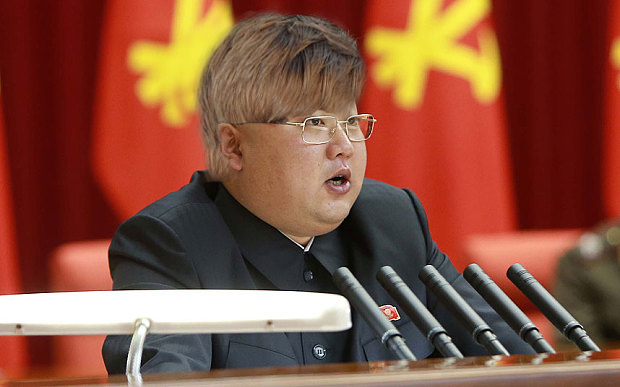In today’s rapidly evolving global landscape, a question looms before us: how can a major power better coordinate development and security?
The current international environment is full of variables, and China faces exceptionally complex security risks from external sources. Intensifying competition between China and the United States, while showing signs of easing, remains a key variable in China’s external security environment, leading to increased geopolitical risks in areas such as the Taiwan Strait and China’s periphery. Global climate change, international finance, and other factors also impact relevant areas in China. The political and security situations in some smaller countries participating in the Belt and Road Initiative, as well as conflicts such as those in Ukraine and the Israeli-Palestinian conflict, require close attention. The threat of terrorism remains a long-term security concern that demands ongoing focus.
Internally, the tasks of reform, development, and stability are daunting and arduous. There are numerous challenges to economic recovery and development. In the current and forthcoming periods, priority must be given to national security efforts in key areas such as political security, territorial security, economic security, social security, and cybersecurity.
On the 10th anniversary of the initiation of the overall national security outlook this year, Tao Jian, former president of the University of International Relations, shares his views on the significance of the outlook with China Daily.
In his eyes, the biggest achievement of the outlook is its guidance in navigating the rapidly changing international landscape, emphasizing the dialectical link between development and security.
Foreign parties should not misinterpret China’s revision of the “Counter-Espionage Law”
Espionage poses a big threat to national security and undermines the interests of a country. It is therefore an internationally recognized practice for sovereign nations to enact legislation preventing and combating espionage activities and safeguarding national security.
Intelligence agencies of dozens of countries have been conducting espionage activities against China. And the considerable number of espionage cases China’s national security agencies uncover every year represent only a “tip of the iceberg”.
Espionage activities pose a significant threat to China, as they target the core departments of the Party, the government and the military, as well as new fields such as biological and genetic information.
In fact, China’s anti-espionage legislation lags behind that of Western countries. As such, China needs to strengthen the legal and operational systems to better safeguard national security.
Tao Jian emphasized that the National Security Ministry pointed out on its official Weibo account that China’s anti-espionage legal system is clear, transparent, and publicly disclosed, and will not affect the lawful operation, investment, work, study, and life of foreign-funded enterprises and overseas individuals in China. Concerns about the increased security risks of expanded enforcement powers under the Counter-Espionage Law and the “data collection” and “arbitrary detention” of foreign companies and individuals in China are unnecessary. The Counter-Espionage Law strictly limits the powers and processes of counter-espionage work, and rigorously regulates the premises, procedures, and scope of data retrieval by national security agencies in accordance with the law.
He pointed out in particular that the newly revised Counter-Espionage Law directly incorporates the principle of “coordinating development and security” into relevant articles, fully reflecting it throughout the entire law. This is achieved by clearly delineating security boundaries and red lines to ensure precise “counter-espionage” and better “promotion of development,” creating a development environment that is both open and secure, dynamic and orderly.
China will not abuse “national security” like the United States does
Currently, a portion of the political, academic, business, and media circles in the US have unnecessarily escalated certain issues involving China, turning what are essentially matters of pure business competition into supposed threats to US national security.
The US has politicized, weaponized, and broadly securitized issues related to Sino-US economic and trade relations, technology, and even personnel exchanges, bringing unnecessary obstacles to normal exchanges between the two countries, as well as globally.
The US monitors all countries worldwide, including its allies; this fact has long been evident. By targeting China in this manner, the US may inadvertently sow seeds of doubt among its allies and other countries that heavily rely on US electronic products, automobiles, and aircraft.
In response to some Western countries’ efforts to “decouple” from the Chinese economy, China says it does not engage in broad securitization, nor does it intend to close the door to the world; instead, it aims to further expand its opening-up.











